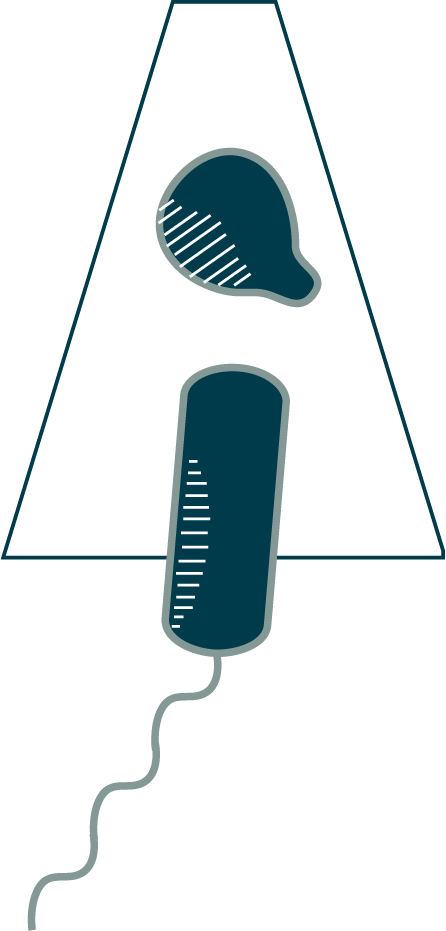

Your cell is fairly well optimized now. It can grow, divide, and find fuel to repeat the process. But what happens when there is no food to be found? Natural environments offer famine more often than feast. And conditions can become harsh (high temperature, low pH, little water). For minor shortages of carbon or phosphate, your cell can fall back on its storage granules. But what about more prolonged starvation or stress? To outlast these conditions, your cell would do well to hunker down and conserve its remaining energy. Cells have evolved just such a mechanism: a stationary (non-growing) state. When conditions are no longer optimal for growth, cells shrink their cytoplasm either by dividing at a smaller size, or by digesting nonessential components and cinching down their membrane (stressed cells often contain more cytoplasmic vesicles). Some diderm bacteria, including Caulobacter crescentus like this, also remodel their cell walls and outer membranes (releasing extracellular vesicles). Others, like Escherichia coli, do not, resulting in a larger periplasm. Either way, a smaller cell size increases surface area relative to volume, facilitating uptake of scarce nutrients. Eventually, if conditions remain tough, the cell largely stops protein production and compacts its nucleoid to protect the DNA from damage, as you can see in this cell. Nonessential protein assemblies are lost; note the missing surface layer on this cell. When cells no longer have energy to spare to power motility, they also lose their flagella (see them floating next to these cells) and dismantle their chemosensory arrays. The cell now plays a waiting game. If the environment changes, your cell can resume active growth. Or the death of a neighboring cell, like the one you see here, might release a burst of nutrients that your cell can use for one more round of growth and division, producing progeny that might find a better life. Unlike in a well-maintained laboratory culture, in nature bacteria and archaea spend most of their time in stationary phase, awaiting fleeting opportunities for growth.